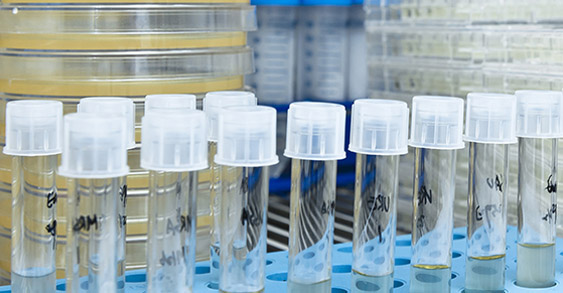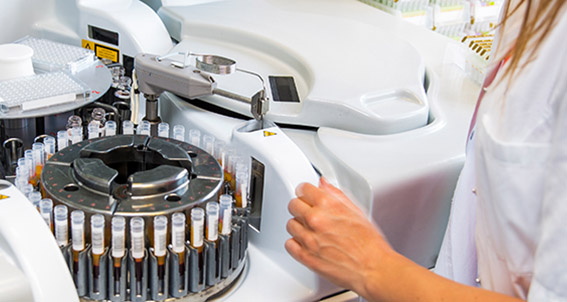
Finding the Prescription for Pharmacy Automation Logistics
The world of pharmacy automation is still in its infancy, but the industry is quickly growing. And this growth brings along many logistical challenges for manufacturers that need to ship, deliver and install this sensitive automated equipment to pharmacies across the country.
While pharmacy automation equipment ranges in size, the more prevalent solutions feature large, complex robotic units that mechanically dispense pharmaceuticals. The technology is now being implemented down to the retail level, which will bring more efficiency and accuracy to traditional operations. It also presents the challenge of safely putting this technology into a wide variety of retail footprints with minimal operational downtime or disruption to the facility.
There are still a number of obstacles to overcome, especially compounded by the fact that space in these central fulfillment and retail facilities is at a premium. Yet the right prescription for manufacturers of pharmaceutical automation equipment may be as simple as selecting the right logistics partner to help them bring their products to market. Listed below are items that need to be considered:
- Skilled team - With the growth of this industry, logistics and service providers will play an even bigger, value-added role in getting pharmacy automation technology to market, and making it operational as expediently as possible. The right logistics provider for the job should possess the infrastructure and expertise to transition the equipment from the distribution facility to operational with no damage to product, property, or personnel.
- Certified provider - The pharmaceutical industry is highly regulated, so it's critical to have a partner that understands the processes and requirements of the industry and can navigate you through any challenges. They should also be intimately knowledgeable about your products and execute compliance to processes and procedures for delivery and installation.
- More than just delivery - These complex machines require logistics and service partners that are willing and able to go above and beyond simple product delivery. The best partners will unpack, expertly assemble and set up the unit so it is operational for the end-user in the shortest amount of time possible. They should also be able to do pre-install site surveys and assessments to ensure there will be no obstacles for a seamless installation, as well as a post-site review to make sure all packaging materials are removed from the site prior to departure.
- Training for end-users - The right partner should also be able to train end users on how to operate the technology and troubleshoot any problems that may arise. This should be completed the day-of or day-after the product is installed, so the end customer can begin use of the system as quickly as possible.
- Single source partner – Your logistics and service partner should be an extension of your team, therefore, having a single-source provider takes away the complications of scheduling and coordinating field service and technician teams that are required for each implementation. The right provider should offer a single point of contact for all activities, questions and concerns, as well as, a single consolidated invoice for simplified payment. And ultimately, the peace of mind that your supply chain is being managed by experts in your growing field of pharmacy automation.
Are you ready for the changes impacting the pharmacy industry? Contact us today and we can provide counsel and support to help you make informed decisions.


